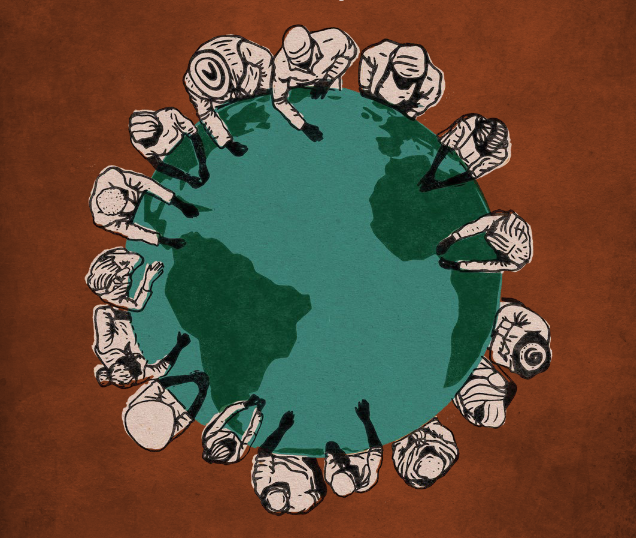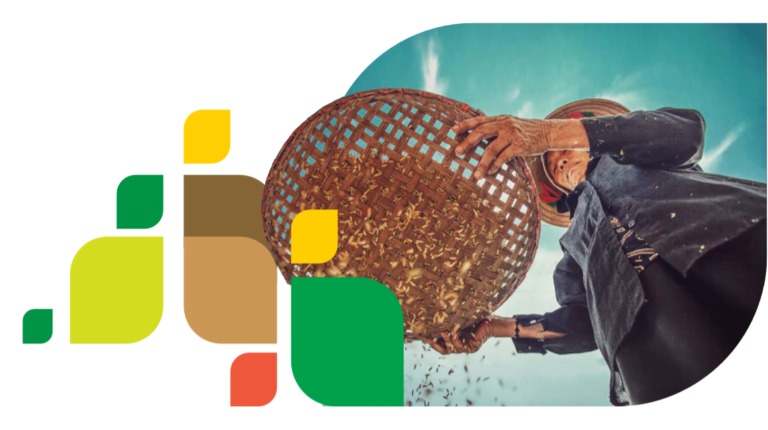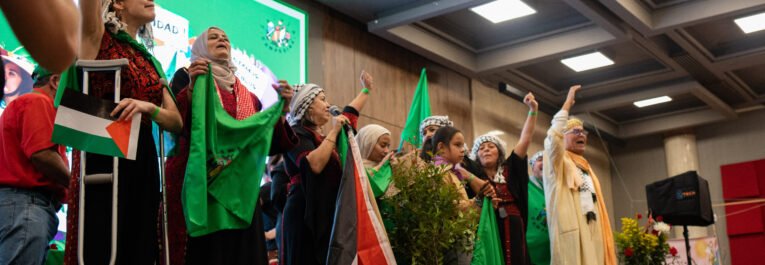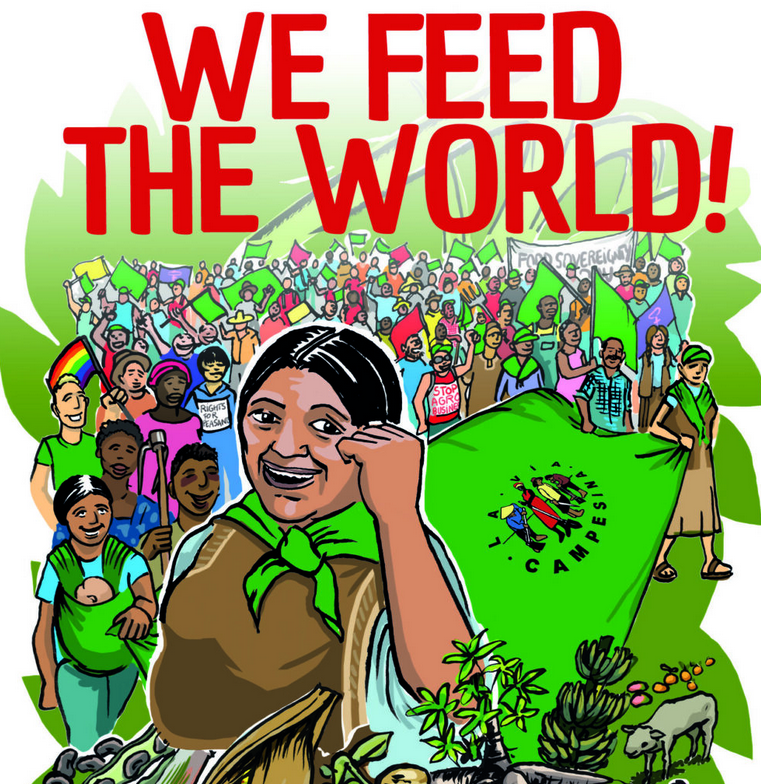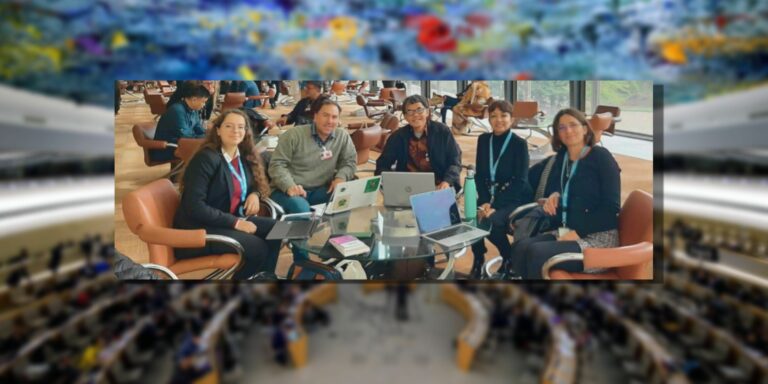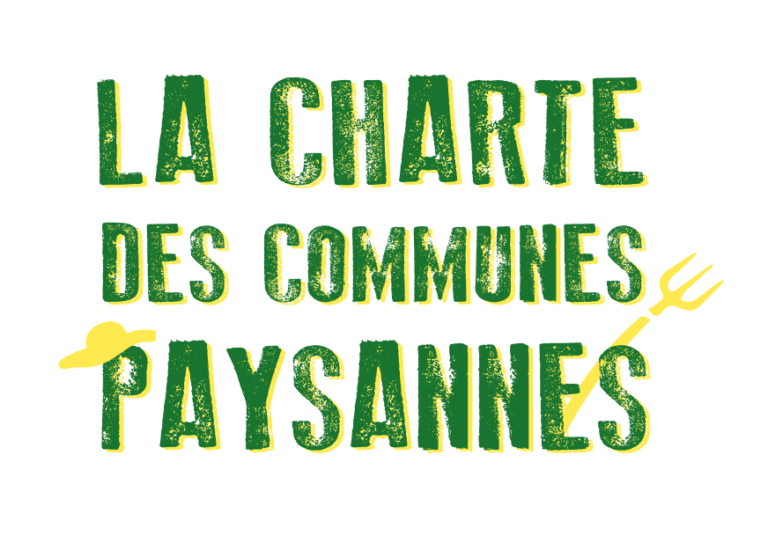How to implement the UNDROP at the European and national level to promote peasants’ rights – publication and video
Update – Recording available! Public event “How to implement the United Nations Declaration on the Rights of Peasants and Other People Working in Rural Areas (UNDROP) at the European and national level to promote sustainable and resilient food systems”, 19 February 2025. The event aimed to discuss with key representatives of the European Union how to implement UNDROP at the European and national level to ensure the promotion of peasants’ rights in Europe, the creation of resilient and sustainable food systems based on food sovereignty, and the right to food for all.
On September 16, the European Coordination Via Campesina (ECVC) published a report on the implementation of UNDROP in Europe. You can find the launch press release here.
This new publication presents the Declaration: its origin, purpose, content and how it should be implemented. It lists policy recommendations for international and regional organizations, European decision-makers and national and local authorities.
The main requests are as follows:
- States and international and regional organizations must provide resources (including financial) to support the Working Group.
- The EU must ensure that all its legislation and policies on agriculture are in line with UNDROP. ECVC has already drawn up specific policy proposals on how to ensure this compliance concerning: seeds, a proposed directive on land, agricultural market policy and CAP social conditionality.
- When implementing international policies linked to food and agriculture, the EU must respect and ensure the coherence with UNDROP.
- In accordance with Article 10 of UNDROP, ECVC, as the only European peasant organization, must be systematically consulted by all EU institutions dealing with agriculture.
- The EC’s Directorate-General for Agriculture and Rural Development (DG AGRI) should create a specific sub-unit responsible for peasants’ rights and human rights in agriculture.
- The EU should conduct an independent study to assess the level of coherence of EU legislation and policies with UNDROP.
- When implementing the EU directive on corporate due diligence, EU member states must include UNDROP.
- States must draw up national action plans and national committees for family farming, as called for under the UN Decade for Family Farming. These plans must put the implementation of UNDROP at the center, and promote a broader concept of family farming that goes beyond cis-heterocentric patriarchy, embracing chosen families, a diversity of people and ways of living and working, as well as all kinds of small-scale artisanal food producers.

